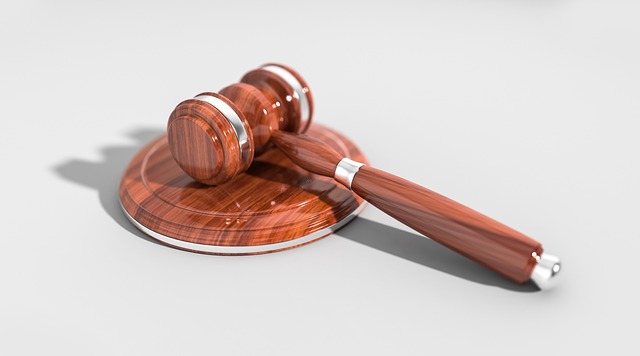Nuances of Sovereign Immunity in Modern Legal Landscapes
Introduction: Sovereign immunity, a centuries-old legal doctrine, continues to shape the relationship between citizens and their governments. This article delves into the evolving nature of sovereign immunity, examining its historical roots, current applications, and the ongoing debate surrounding its place in modern legal systems.

The Doctrine’s Evolution in Democratic Societies
As countries transitioned from monarchies to democracies, the justification for sovereign immunity shifted. No longer about protecting a divine ruler, it became a practical consideration to shield governments from constant litigation that could impede their ability to govern effectively. However, this blanket protection soon faced challenges as it conflicted with principles of justice and accountability.
Federal Tort Claims Act: A Turning Point
In the United States, a significant shift occurred with the passage of the Federal Tort Claims Act (FTCA) in 1946. This landmark legislation allowed citizens to sue the federal government for certain torts committed by its employees. While not a complete waiver of sovereign immunity, it represented a crucial acknowledgment that governments should be held accountable for their actions in specific circumstances.
State-Level Variations and Implications
At the state level, approaches to sovereign immunity vary widely. Some states have largely abolished the doctrine, while others maintain stricter interpretations. This patchwork of laws creates a complex legal landscape, where a citizen’s ability to seek redress against the government can depend heavily on their location. These variations have significant implications for issues ranging from personal injury claims to civil rights violations.
International Perspectives and Diplomatic Immunity
On the global stage, sovereign immunity intersects with principles of international law and diplomatic relations. The concept of diplomatic immunity, while distinct, shares roots with sovereign immunity. Recent high-profile cases involving diplomatic immunity have reignited debates about its scope and potential for abuse in an increasingly interconnected world.
Current Debates and Future Directions
The debate over sovereign immunity continues to evolve. Critics argue that it can shield governments from accountability, potentially enabling abuses of power. Proponents contend that it’s necessary to protect government functions from frivolous lawsuits and maintain efficient governance. Recent court decisions and legislative actions suggest a trend towards narrowing the scope of sovereign immunity, reflecting changing societal expectations of government accountability.
Technological Challenges to Traditional Doctrines
The digital age presents new challenges to the concept of sovereign immunity. As governments increasingly engage in online activities and data collection, questions arise about liability for data breaches, cyber attacks, and privacy violations. These issues push the boundaries of traditional sovereign immunity doctrines, forcing legal systems to adapt to new technological realities.
Balancing Act: Accountability vs. Governmental Function
At its core, the ongoing debate over sovereign immunity reflects a fundamental tension in democratic societies: how to balance the need for government accountability with the practical requirements of effective governance. As legal systems continue to grapple with this balance, the doctrine of sovereign immunity remains a dynamic and contentious area of law, reflecting broader societal values and expectations of government responsibility.





